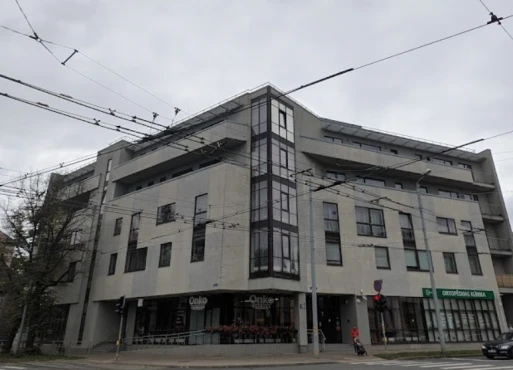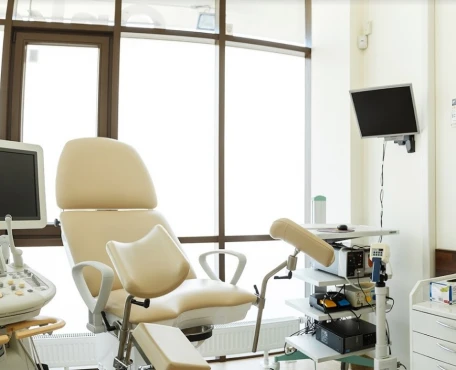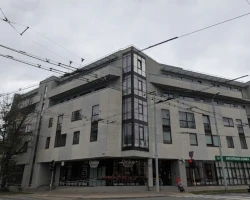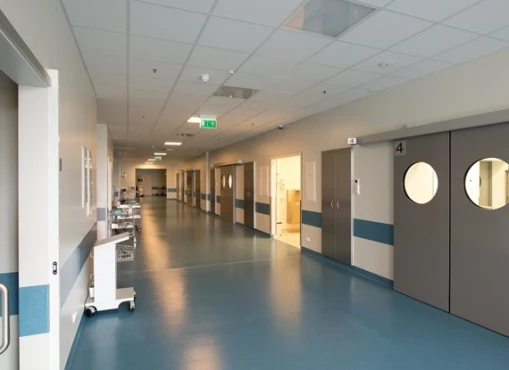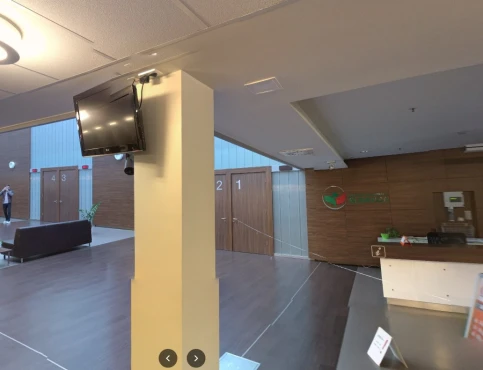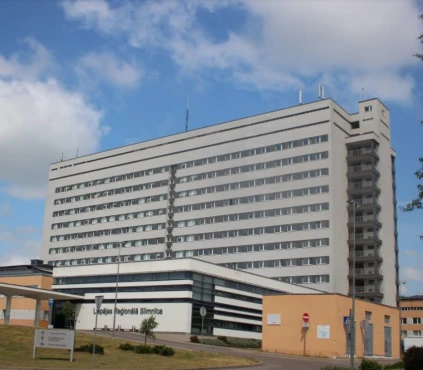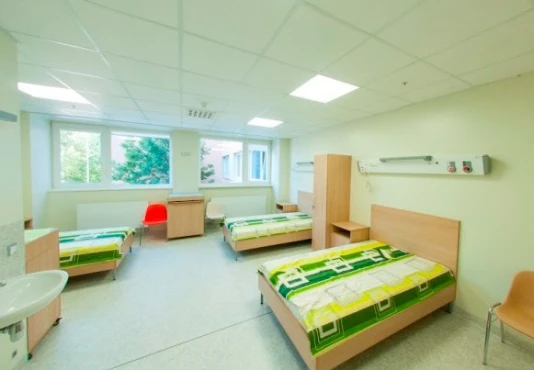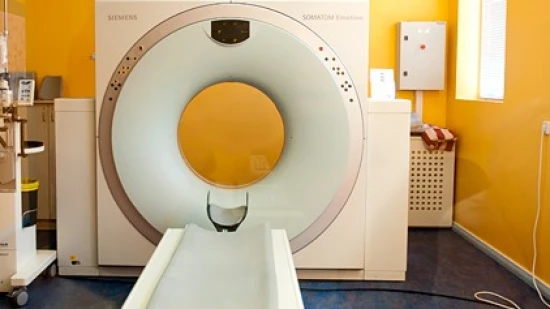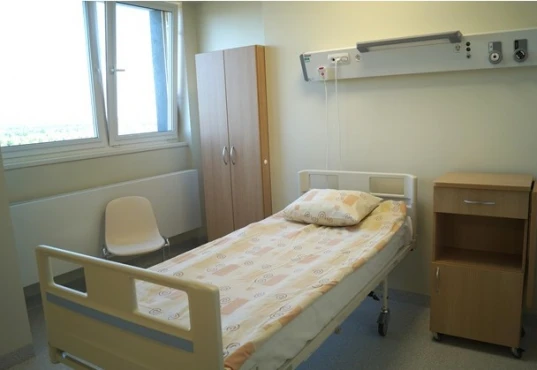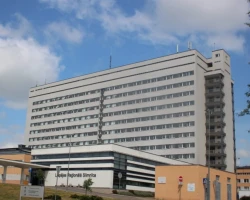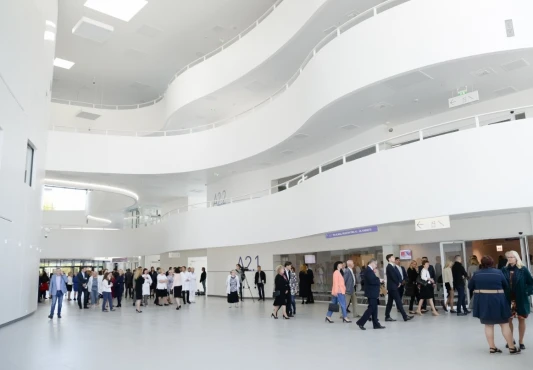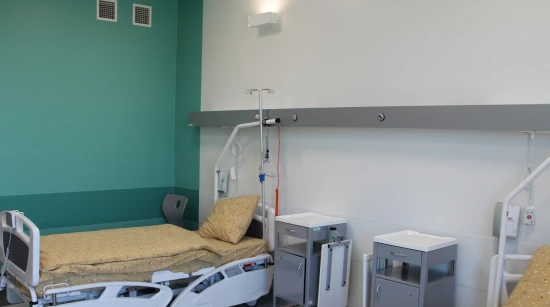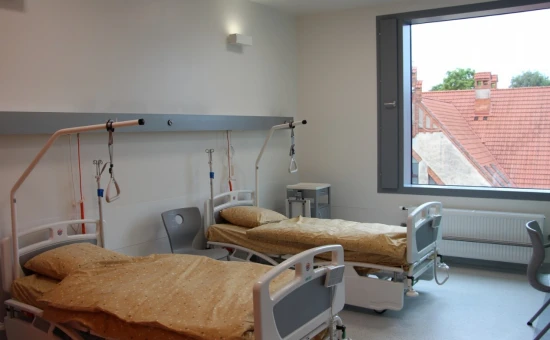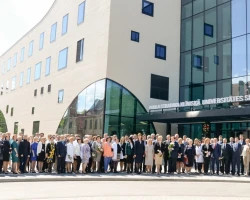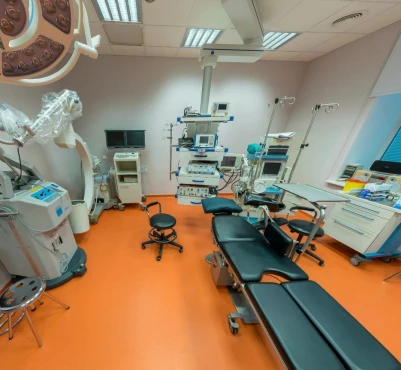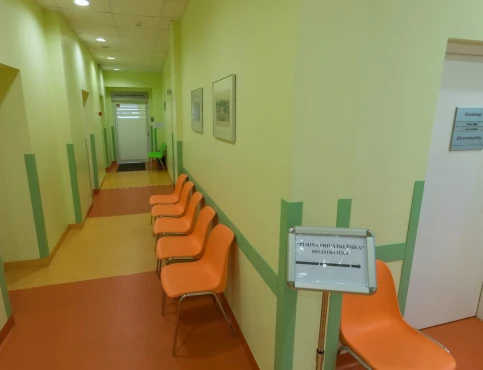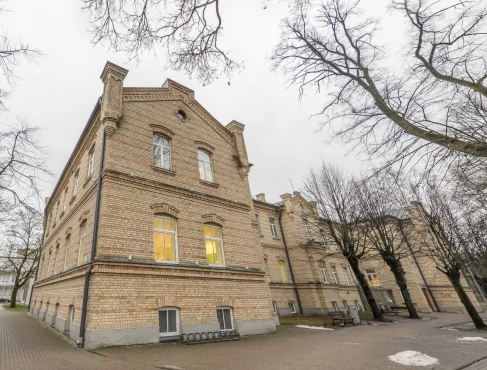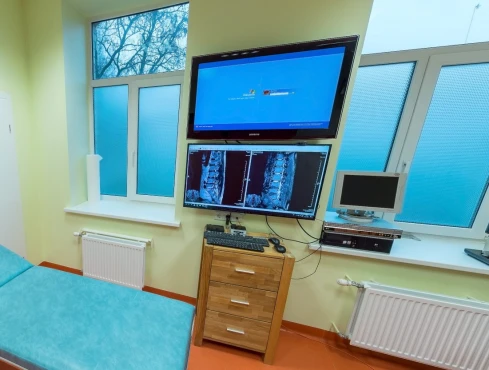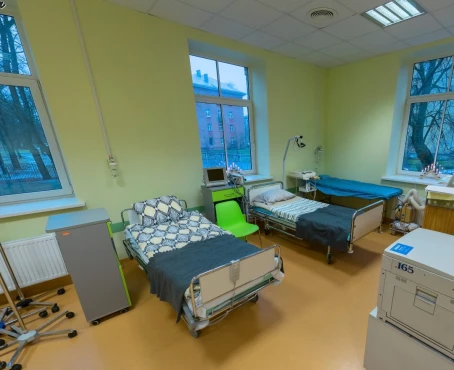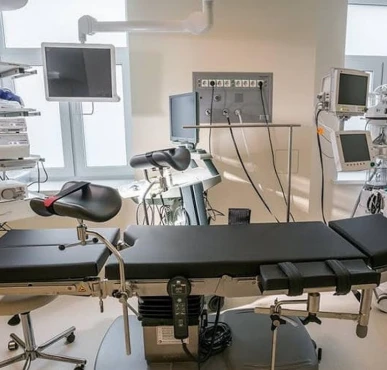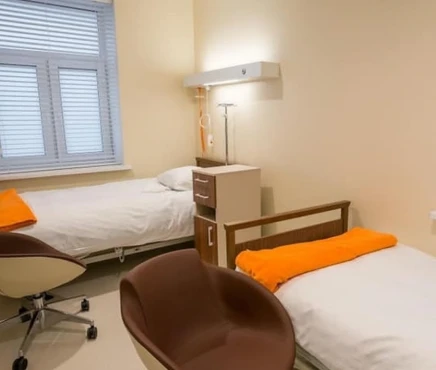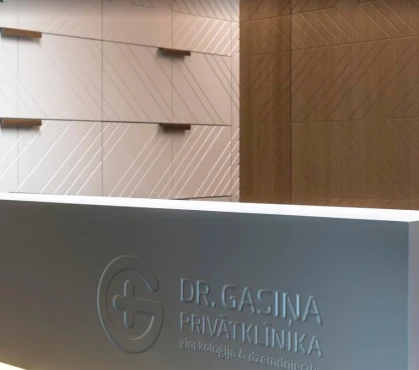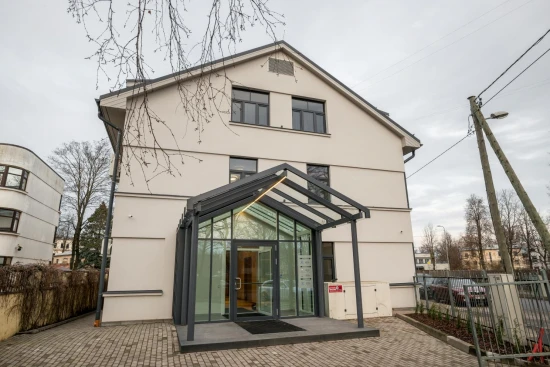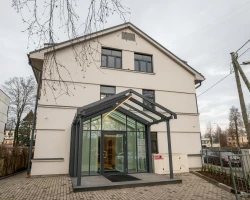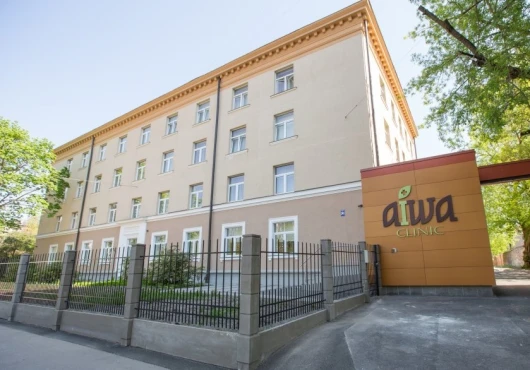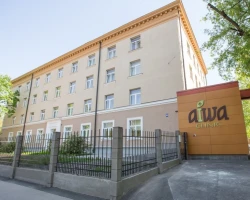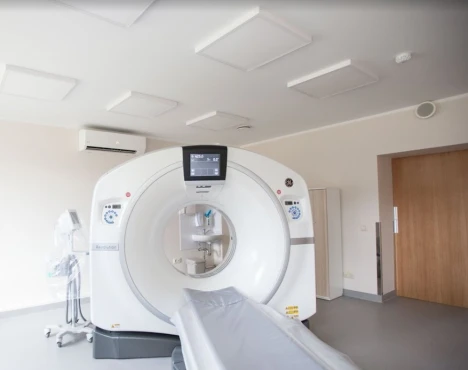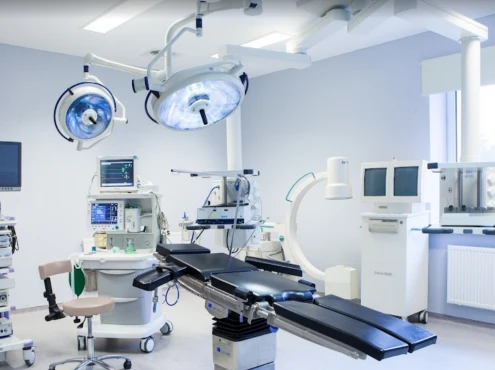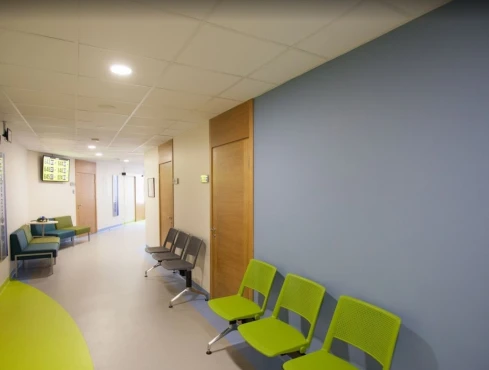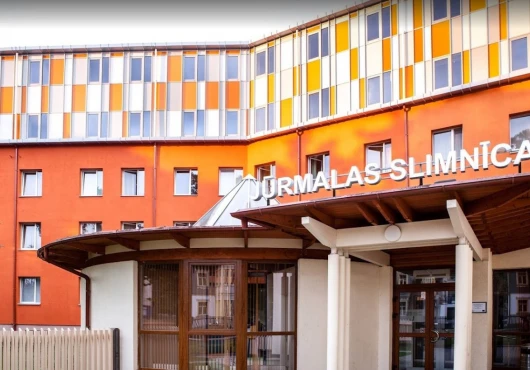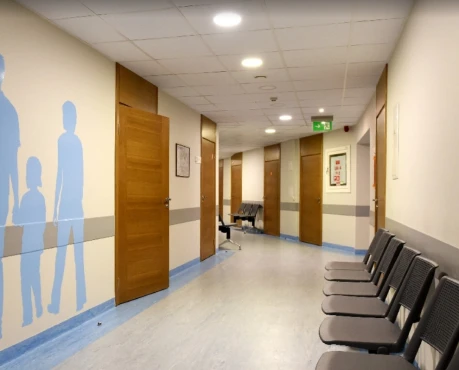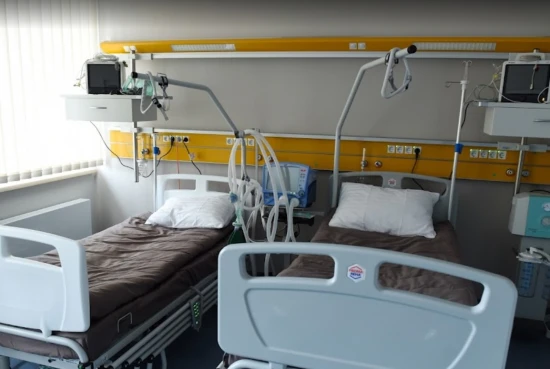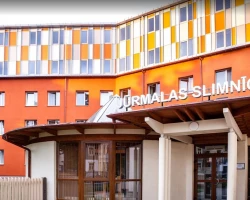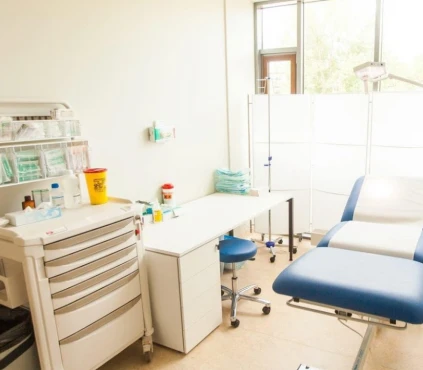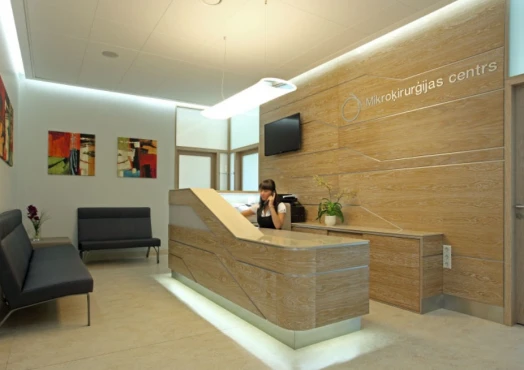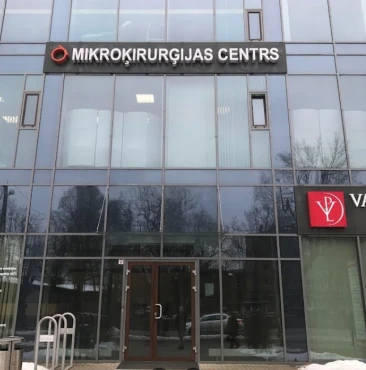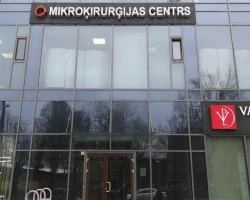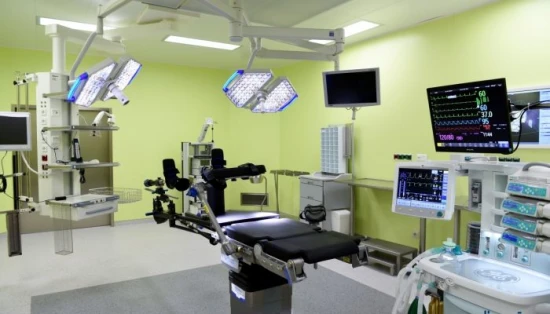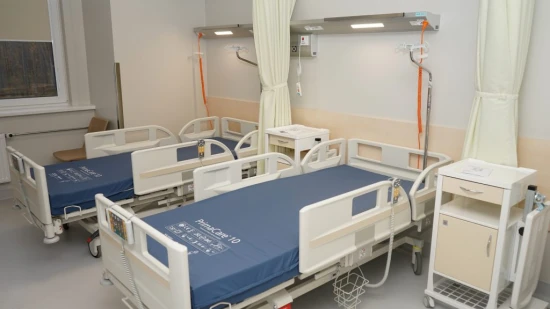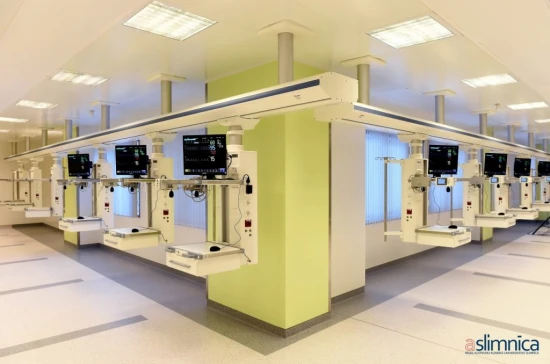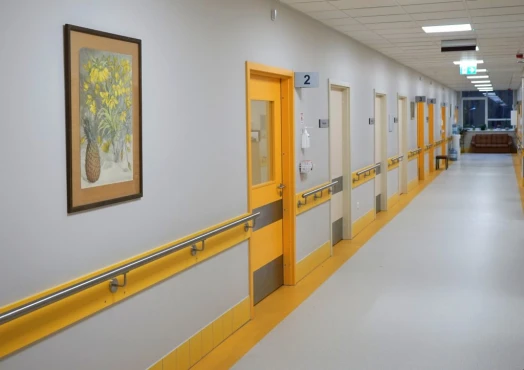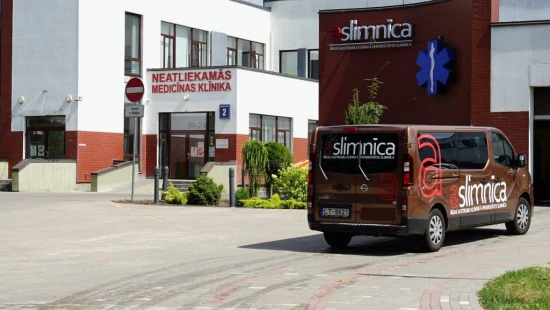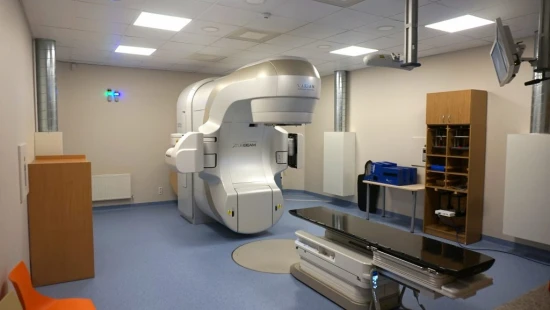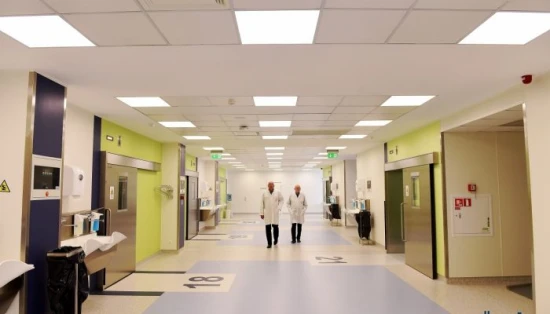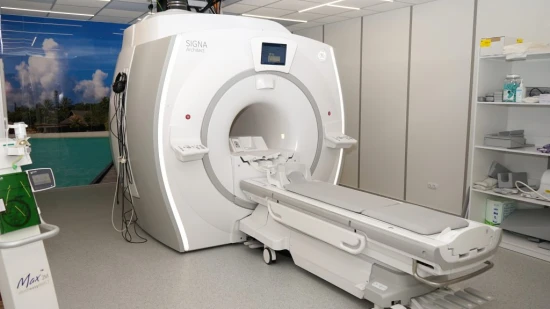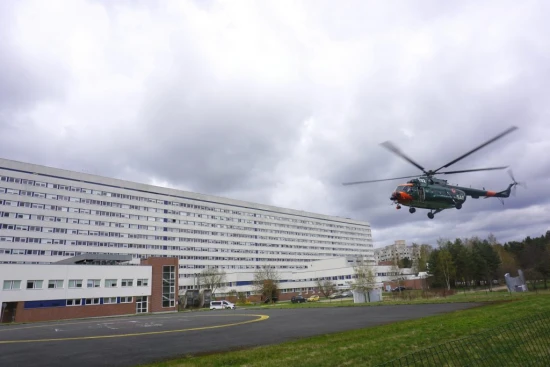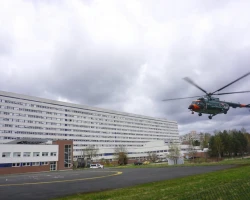Esophagectomy in Clinics: Everything You Need to Know for A Successful Treatment
Esophagectomy in clinics – overview
Cancer is a prevalent medical condition that leads to millions of deaths every year. Unfortunately, when this condition affects the esophagus, it can be extremely difficult to manage it.
This article will view everything you need to know about esophagectomy, including information on how to prepare for the procedure.
What is an esophagectomy?
An esophagectomy is a surgery that removes a section or the entirety of the esophagus. During this procedure, your team of doctors will also remove the nearby lymph nodes.
The esophagus is responsible for transporting food, making it an indispensable organ. Therefore, your surgeons will replace any excised portion.
When is an esophagectomy needed?
Doctors recommend performing an esophagectomy in cases of esophageal cancer to stop its spread. In some cases, your healthcare provider may suggest this procedure to address dysplasia. The latter describes the abnormal transformation of cells into precancerous cells.
This procedure can also treat dysphagia. This occurs when you have difficulty when ingesting solid elements and drinks.
Other indications of esophagectomy include:
- Injury to the esophagus;
- Damaged cells after ingesting harmful substances (e.g., lye);
- Chronic inflammation;
- Muscle spasms that stop food from reaching the stomach;
- Failed esophageal surgeries.
Details about the esophagectomy
Who performs an esophagectomy?
Esophagectomy is a delicate surgery that can only be performed by medical specialists. Both thoracic and general surgeons have the competencies and experience in their careers to perform this procedure.
Appointments with other healthcare professionals will help you get a referral.
What happens prior to an esophagectomy?
Before your surgery, it is crucial to figure out what method to use. This is why your doctor will order a CT scan, MRI, or PET scan. The purpose of these tests is to search for the location of the tumor.
Alternatively, you may undergo an upper endoscopy. During this, a tube with a high-resolution camera will be inserted into the esophagus. Based on your condition, it may be necessary to take a tissue sample by your surgeon.
What to do in preparation for the surgery?
During your appointment, your doctor will:
- Perform a full body examination.
- Control any diseases you might have (e.g., diabetes, high blood pressure).
- Guide you to healthy eating.
- Align the details of the surgery and the news about the techniques.
- Highlight the potential complications and your subsequent rights.
- Recommend which drugs to take and which ones to stop taking.
- Highlight the importance of smoking cessation before the surgery.
Similar to other surgeries, you need to stop a few drugs that may affect hemostasis (i.e., blood clotting). Examples include:
- Ibuprofen (Advil);
- Aspirin;
- Vitamin E;
- Warfarin (Coumadin);
- Ticlopidine (Ticlid);
- Clopidogrel (Plavix).
Once again, it is crucial to stop smoking for at least one month before your surgery. You may even get tested to make sure you quit smoking. If the test is positive, your institute will cancel your appointment. Therefore, you would have to come back at a later date.
Finally, try to walk between 2–3 miles a day to be as healthy as possible.
What happens during the surgery?
An esophagectomy involves taking out:
- Part of the food pipe or all of it;
- A portion of the stomach (remaining cancer tissues);
- Lymph nodes that sit next to the esophagus if cancer is there.
The proliferation of the malignant tumor will decide the size of tissue that needs to get taken out.
There are two main options to perform an esophagectomy. Each comes with different services:
Open esophagectomy – Your surgeon will make big incisions in several directions of the neck, chest, or belly. The surgeon might choose to perform the procedure transthoracically. This is where the esophagus is taken out via surgical incisions in the chest.
Otherwise, they might perform a transhiatal esophagectomy, where the cuts are done in the belly and neck. Sometimes, an incision in the neck, chest, and belly is necessary. We call this a three-field esophagectomy.
Minimally invasive esophagectomy – This technique focuses on removing the esophagus through several small cuts in the belly or chest.
During laparoscopic surgery, the surgeon puts instruments and a camera on a stick through the portal. The purpose is to approach the surgery without cutting the muscles or breaking a rib. In some locations, a robot may provide assistance in performing this procedure. However, this is reserved for unique cases and can be vendor-dependent.
What happens after an esophagectomy?
After the surgery, you'll wake up with several tubes and small pipes that monitor your health. These might include:
- Tube in your nose to take out fluids.
- A feeding tube to support you with energy while you’re at the hospital center.
- A pipe that delivers painkillers when required during your recovery.
- Pipe gets placed into your bladder to drain fluids during the first few days.
After the procedure, expect to stay in the hospital or clinic for 1–2 weeks for monitoring.
Risks and benefits of esophagectomy
What are the advantages of an esophagectomy?
A few benefits of esophagectomy include:
- The effective removal of cancer to prevent it from spreading.
- Research and clinical trials found that it’s a potential cure for esophageal cancer.
- Addressing dysphagia to improve your quality of life.
- Increasing the chances of survival for early-stage cancer.
- Relieving chronic discomfort for non-cancerous conditions.
What are the complications of an esophagectomy?
Similar to all surgical procedures, an esophagectomy may cause the following complications:
- Trouble breathing;
- Bleeding;
- Blood clots in the legs;
- Pulmonary embolism;
- Infections;
- A bad reaction that follows the anesthesia;
- A heart attack or stroke during the operation.
Some rare complications of esophagectomy may include:
- Community-acquired pneumonia and other lung problems.
- An injury to the stomach, intestines, lungs, or other body parts during the operation.
- You may notice a leak from your esophagus or stomach. Contact your doctor immediately.
- A narrowing of the passage between your stomach and esophagus.
